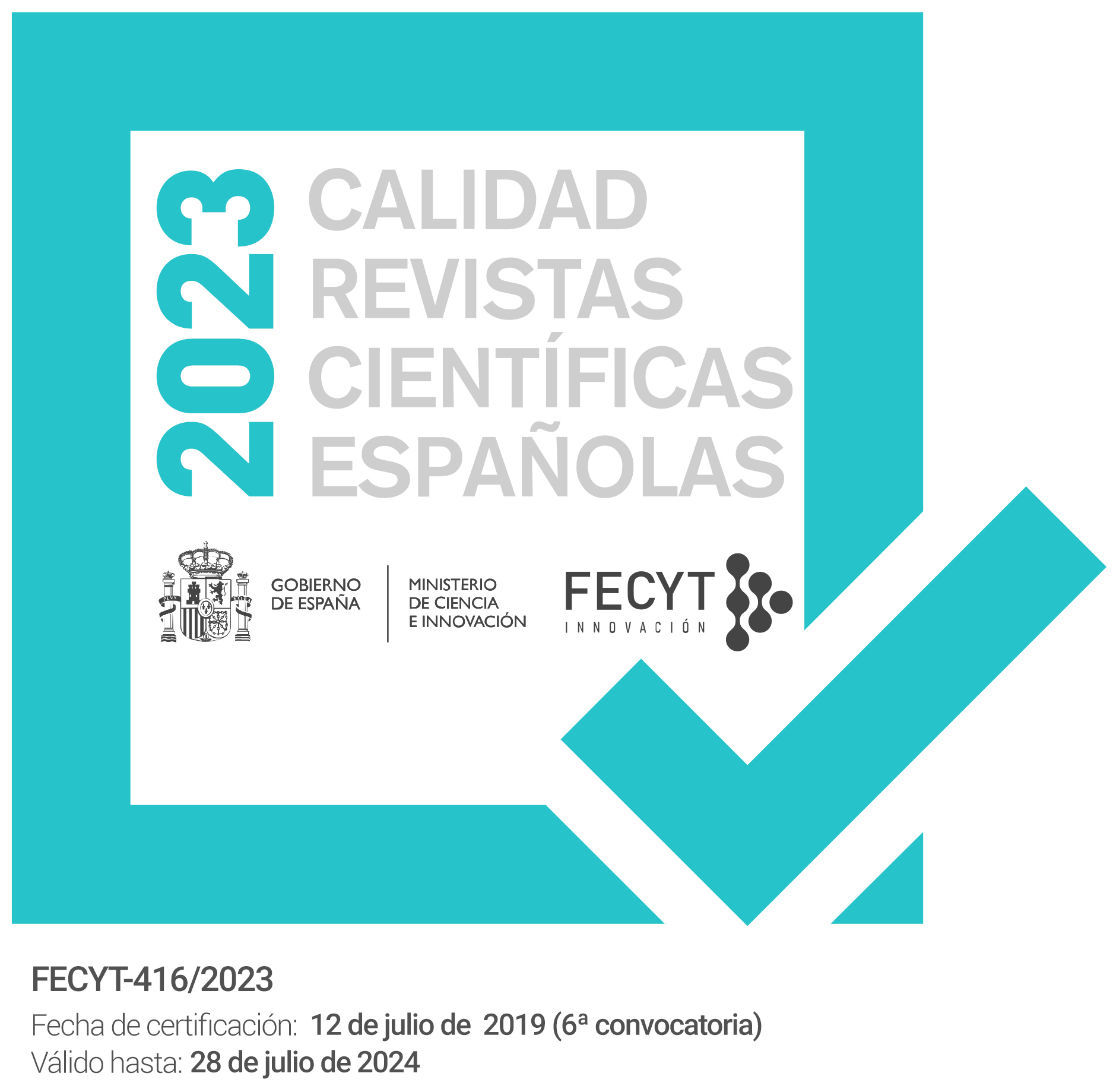Be Kind With Nature: A Case of Terrace Farming in Dieng Plateau, Wonosobo, Central Java, Indonesia
DOI:
https://doi.org/10.51349/veg.2021.1.12Keywords:
Ancestral Wisdom, Ecological Farming, Biodiversity Piracy, Community Empowerment, ConscientizationAbstract
“Be kind to nature” is a prescription describing how the peasants practising terrace farming in the Dieng plateau in Central Java, Indonesia, might overcome and even halt the processes of heavy soil erosion in the mountainous landscape. The Dieng Plateau was originally a vast, ancient caldera of a semi-active volcano that now constitutes fertile terrain endangered by modern farming. Our question is: based upon the wisdom of our ancestors, could the old but more nature-friendly methods of farming represent a new, wise and sustainable solution? Two communities, Sikunang and Upper Wadaslintang, are analysed to provide us with prompts for tackling this question.
Downloads
References
Chayanov, A.V. (1966): The Theory of Peasant Economy, edited by D.Thorner et al., Manchester University Press, Manchester.
Freire, P. (1972): Pedagogy of the Oppressed, Penguin Education, Middlesex.
Fukuoka, M. (1985): The Natural Way of Farming: The Theory and Practice of Green Philosophy, Japan Publications, Tokyo.
Geertz, C. (1960): The Religion of Java, University of Chicago Press, Chicago.
Indrowurjatno, Al. (1997): Pranata Mangsa: Kajian Bertani Berdasarkan Penanggalan Jawa. [Season Calendre: Farming according to the Javenese Calendre], Sebelas Maret University Press, Surakarta.
Metzner, J.; Daldjoeni, N., eds. (1987): Ekofarming: Bertani Selaras Alam. [Ecofarming: Nature Friendly Farming], Yayasan Obor Indonesia, Jakarta.
Mollison, B. (1988): Permaculture: A Designers’ Manual, Tagari Publications, Tyalgum.
Raworth, K. (2017): Doughnut Economics: Seven Ways to Think Like a 21st Century Economist, Random House Business Books, London.
Reijntjes, C., Haverkort, B.; Waters-Bayer, A. (1999): Farming for the Future: An Introduction to Low-external-input and Sustainable Agriculture, Macmillan Press, London.
Rodale, M. (2010): Organic Manifesto, Rodale, New York.
Schumacher, E.F. (1973): Small is Beautiful, Economics as if People Mattered, Harper and Row, New York.
Sutanto, R. (2002): Pertanian Organik [ Organic Farming], Kanisius, Yogyakarta.
Veeresh, G.K., Shivashankar, K. and Singlachar, M.A. eds. (1997): Organic Farming and Sustainable Agriculture, Association For Promotion of Organic Farming, Bangalore.
Tokuno, G. (1986): Let Nature Do the Growing: The Fertilizer-free Vegetable Garden, Japan Publications, Tokyo.
Wahono, F. (2013): Ekonomi Hijau: Pengalaman Rakyat dari Papua sampai Aceh. [Green Economy; People’s Experiences from Papua to Aceh], Cinde Books. and Jakarta: SGP-UNDP Indonesia, Jogyakarta.
Wangsit, St. D.D.S. (2003): Belajar Dari Petani: Kumpulan Pengalaman Bertani Organik [Learning From Farmers: Organic Farming Experience Group], Sptn-Hps-Lesman-Mitra Tani: Yogyakarta.
Wibowo, I.; Wahono, F., eds. (2003): Neoliberalisme [Neolliberalism], Cindelaras Pustaka Rakyat Cerdas, Yogyakarta.
Downloads
Published
Issue
Section
License
The articles are open access distributed under the terms of the Creative Commons Attribution-NonCommercial-NoDerivatives (CC BY-NC-ND) Spain 4.0 license. Authors who publish in this journal agree with the following terms:
a) Authors retain the copyright and guarantee the journal the right to be the first publication of the work as well as licensed under a Creative Commons Attribution License that allows others to share the work with a recognition of the authorship of the work and the Initial publication in this magazine.
b) Authors may separately establish additional agreements for the non-exclusive distribution of the version of the work published in the journal (for example, place it in an institutional repository or publish it in a book), with recognition of its initial publication in this magazine.
c) Authors are allowed and encouraged to disseminate their work electronically (for example, in institutional repositories or on their own website) before and during the submission process, as it may result in productive exchanges, as well as a earliest and largest citation of published works (See The Effect of Open Access).



